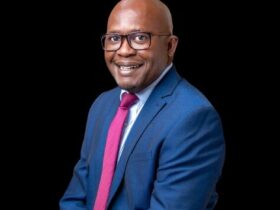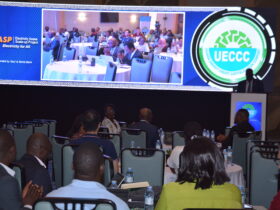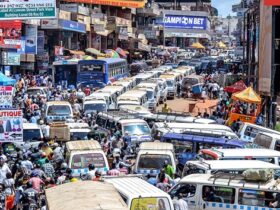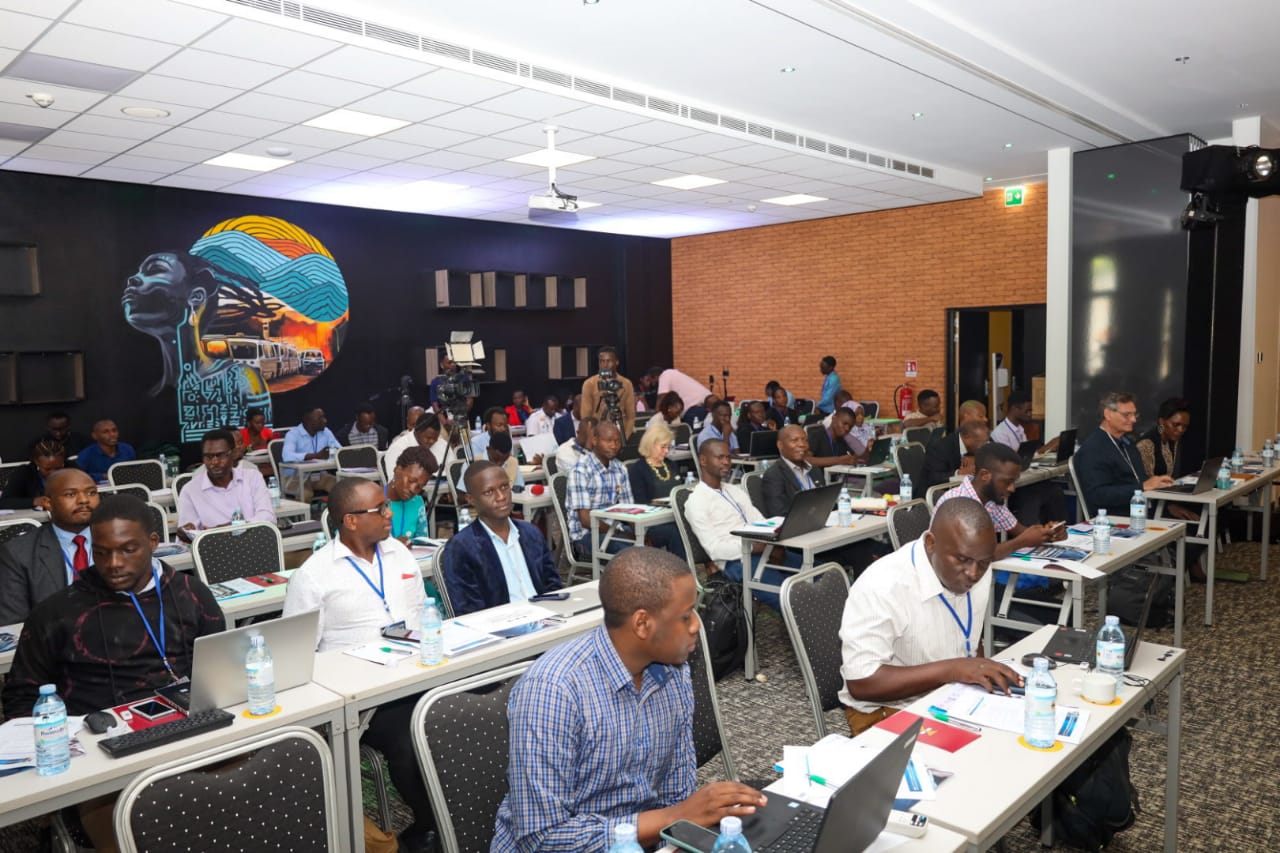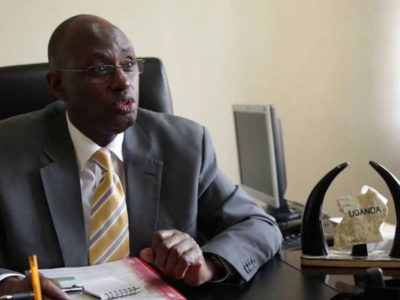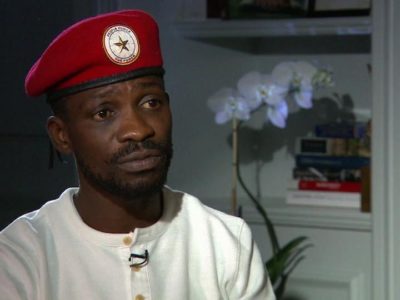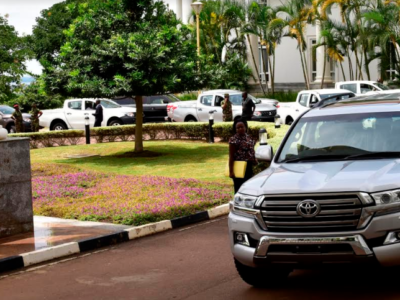The Centre for Research In Energy and Energy Conservation (CREEC) has called upon the government of Uganda to amplify the need for the use of clean and renewable energy across board.
Speaking during the African Clean Energy Research Alliance (ACERA) international workshop held at Onomo Hotel in n Kampala, Ms. Mary Suzan Abbo, the center Executive Director stated that Climate change is a real threat that the public and the adaptation of clean energy as key solution.
She described the access to clean and Renewable energy as a golden opportunity that both the government, private sector and partners need to work hard to avail in both urban and rural areas of Uganda.
“In order to bridge these gaps there is a need to foster collaboration in the renewable energy sector and ensure the mass realization of the benefits of digitalization. A lot of research has been made but there is a small room for adaptation of new policies that will help to see that local people adopt the use of clean energy at low cost. “We still need to work more on awareness programs so that our local people who are vulnerable learn to use these clean and renewable energy solutions.” Ms. Mary Suzan Abbo said.
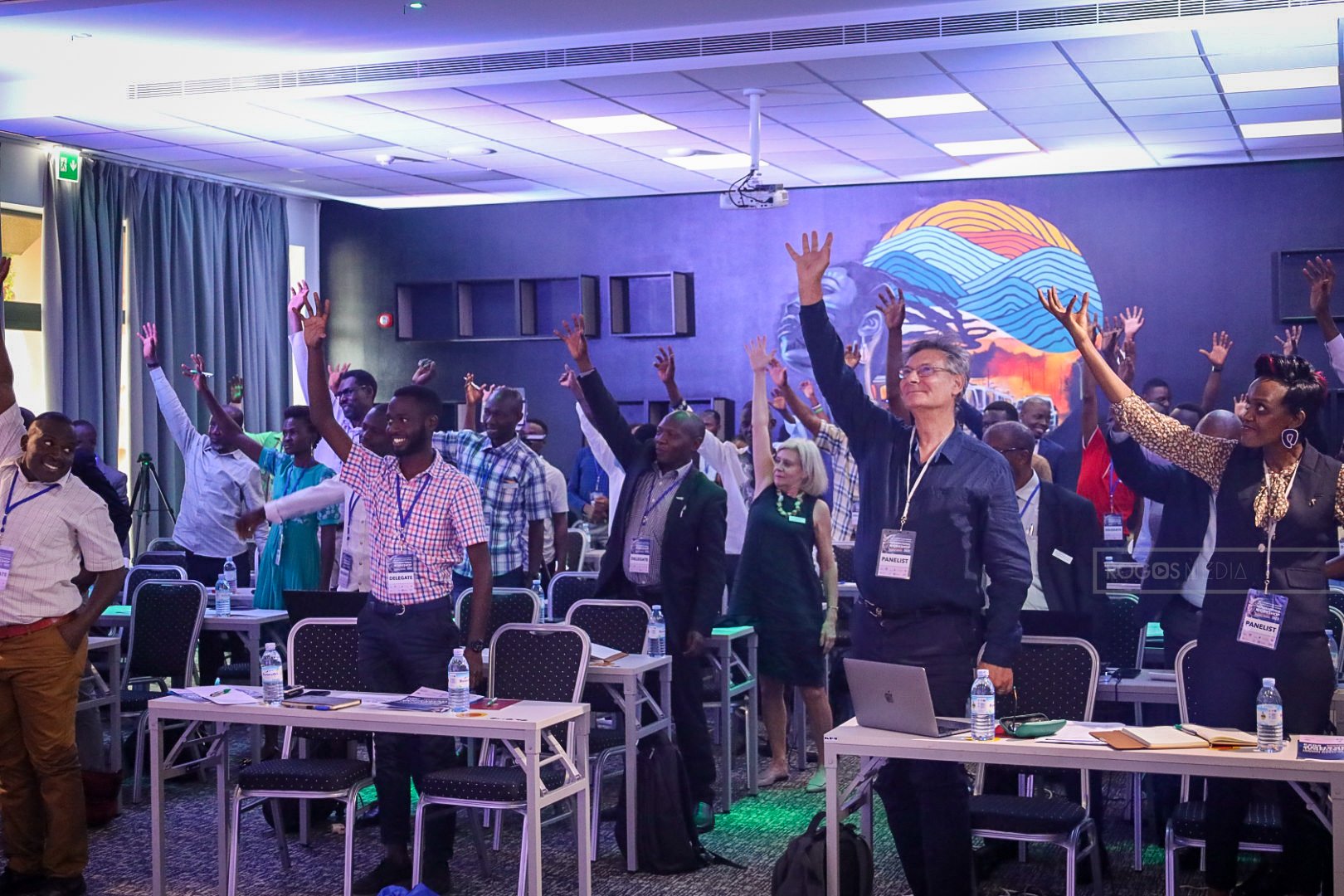
A Photo of the African Clean Energy Research Alliance (ACERA) international workshop Participants, raise their hands during the session at Onomo Hotel in Kampala.
Centre for Research In Energy and Energy Conservation (CREEC) focuses on rural electrification, energy for productive use, energy efficiency, energy for household use, energy testing services and energy entrepreneurship.
Professor Jon Lovett from the University of LEEDS also added that by developing an energy policy in dialogue with the requirements of families, there would be an improvement in living conditions for millions living in poverty.
“To meet the universe target, energy policies must better be aligned with domestic needs. By developing an energy policy in dialogue with the requirement of families,” he said.
He added that the electrification rate in Uganda currently stands at 18.9 per cent, with the rural communities at a low level of 5.2 per cent which makes poorer communities have less access to clean energy technologies and as a result women and Children disproportionately suffer from a health condition that results from indoor air pollution.
“Inequalities are at the root of climate chaos and unfair global energy distribution. However, since 2015, SDG 7 has provided an ambitious mandate: to ensure access to modern energy for all, to double the share of renewable energy in the global energy mix, and to double the global rate of improvement in energy efficiency,” he added.
The African Clean Energy Research Alliance (ACERA) International workshop has been a three-day event whose focus is to foster collaboration in the renewable energy sector to boost research and innovation of modern energy technologies.
The workshop will have a great blend of panel discussions to showcase the diverse opportunities available for collaboration in the sector, current efficient and impactful dissemination strategies and a showcase of a diverse range of digital applications supporting the growth of renewable energy businesses.



